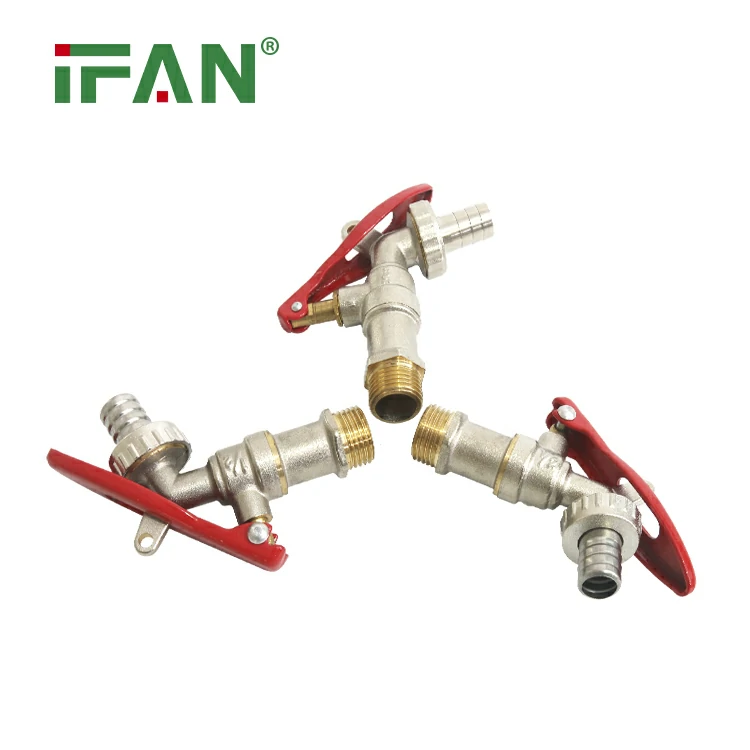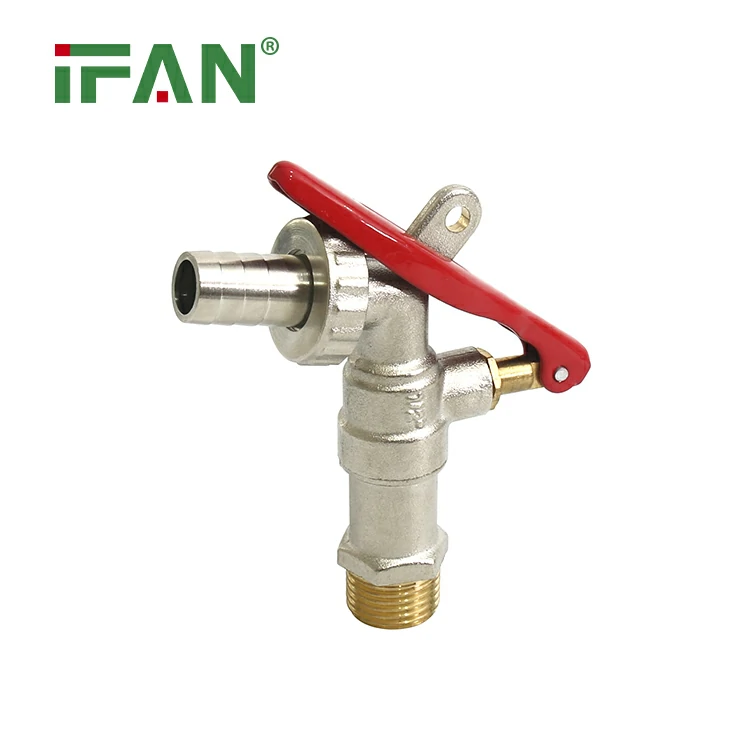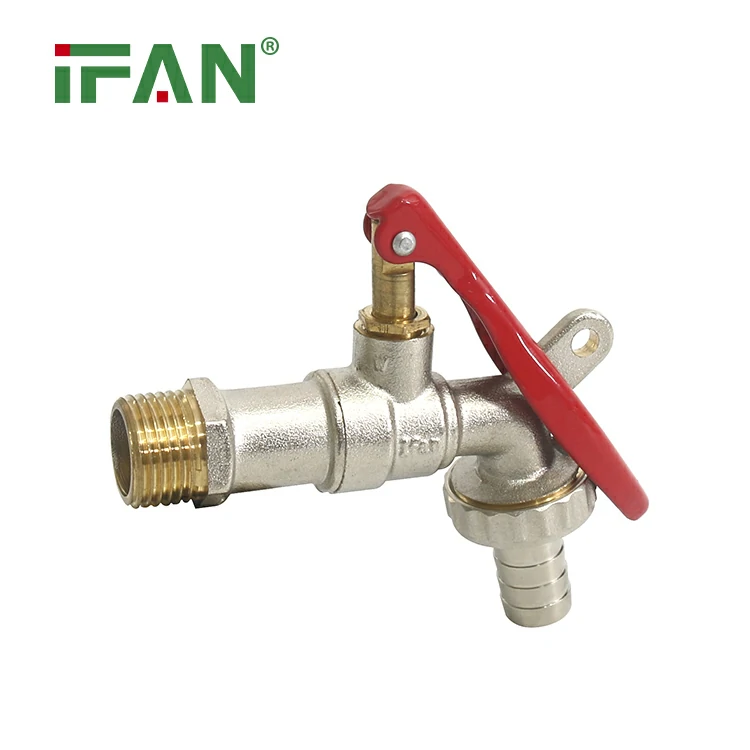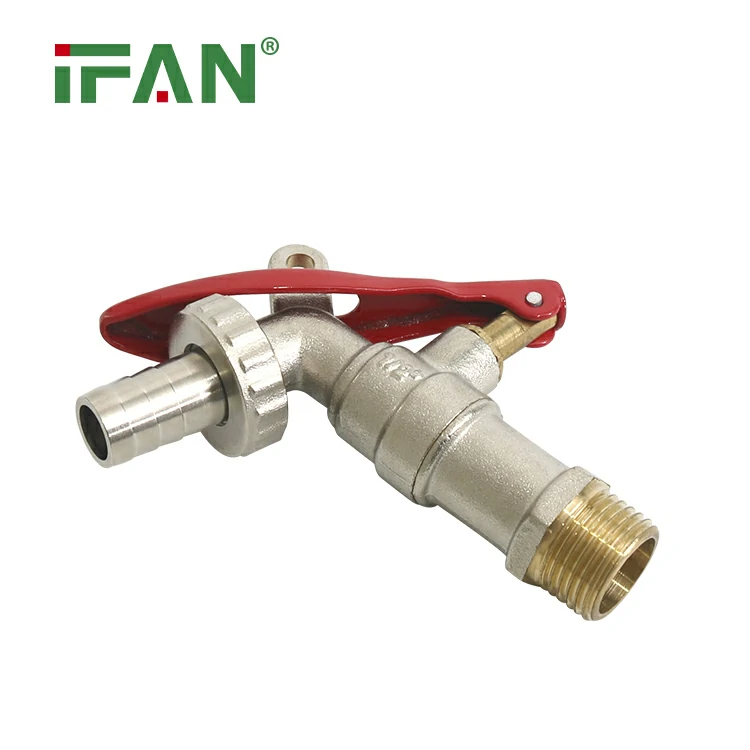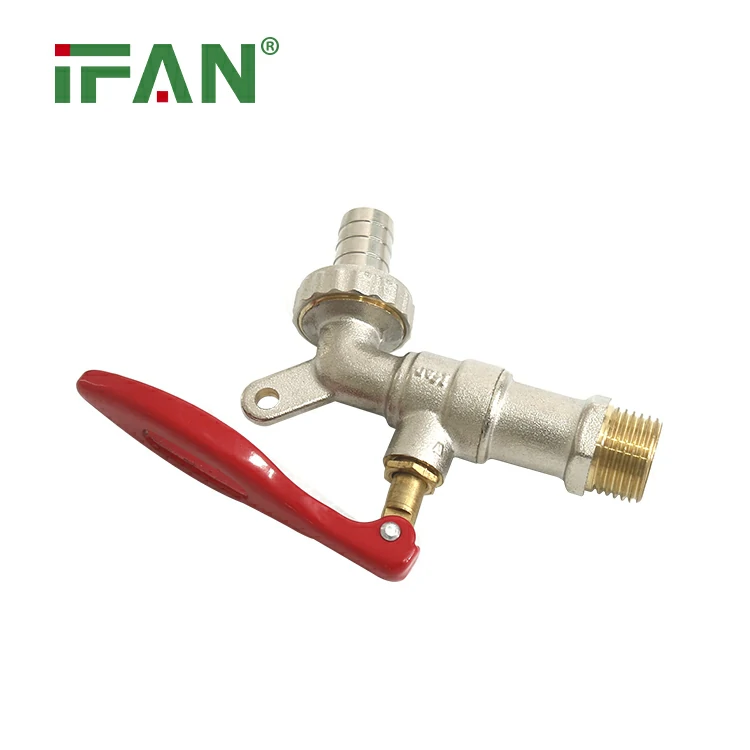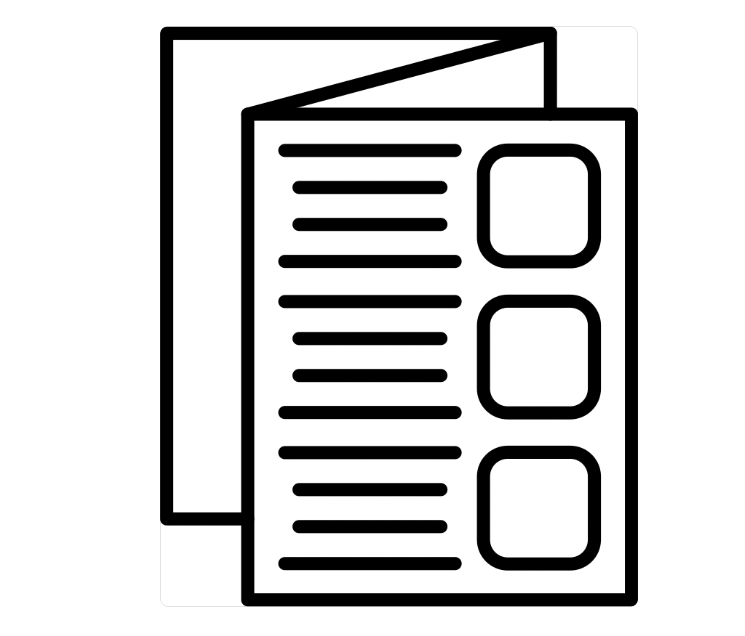IFAN Lockable Brass Water Taps
Category : Click Download
Whatsapp : +86 19884503412
Wechat : 19884503412
Description
Understanding Brass Composition
Brass contains copper (60-70%) and zinc (30-40%), with possible lead traces. Modern brass water taps use lead-free alloys for drinking safety. The metal’s antimicrobial properties reduce bacterial growth. However, acidic water can leach metals from brass. Proper alloy selection minimizes health risks.
Potential Lead Contamination Risks
Older a brass water tap models may contain 2-8% lead. Lead leaching increases with water stagnation. EPA standards limit lead content to 0.25% in modern fixtures. First-draw morning water shows highest lead levels. Flushing taps for 30 seconds reduces exposure risks.
Zinc and Copper Safety Levels
WHO recommends 2mg/L copper in drinking water. Zinc limits are 3-5mg/L depending on regulations. Short-term exposure to brass-leached metals poses minimal risk. Chronic consumption of high levels may cause health issues. Regular water testing ensures safety standards.
Water Chemistry Factors
Low pH water (<6.5) increases metal leaching significantly. High mineral content water forms protective scale layers. Chlorinated water may accelerate brass corrosion. Soft water areas require extra precautions. Annual water testing identifies potential issues.
Modern Safety Standards
NSF/ANSI 61 certifies lead-free brass fixtures. “Brass” designation now means <0.25% lead content. European DIN 50930 regulates metal release limits. Modern a brass water tap meets strict potable water standards. Certification marks indicate compliant products.
Maintenance and Usage Tips
Regular cleaning prevents scale buildup in taps. Weekly flushing maintains water freshness. Avoid using hot water from brass taps for drinking. Replace washers with NSF-certified components. Professional inspection every 5 years ensures safety.
Alternative Materials Comparison
Stainless steel offers lower metal leaching risks. Plastic taps avoid metals but may harbor bacteria. Chrome-plated brass provides extra protection. Material choice depends on water quality. Each option has specific maintenance requirements.
Special Considerations
Brass water taps in new buildings need extended flushing. Pregnancy and childhood require extra precautions. Bottled water alternatives exist for high-risk situations. Water filters can reduce metal concentrations. Consult local water authorities for specific advice.
Drinking from a brass water tap is generally safe with proper precautions. Modern lead-free alloys and maintenance practices minimize risks. Understanding your water quality helps make informed decisions. When in doubt, professional water testing provides definitive answers.
相关产品
- S Series
IFAN S04 Brass Water Taps
- Brass Bibcock
Brass Ball Bibcock
- Brass Bibcock
Brass Bibcock Tap
- Brass Bibcock
Brass Water Tap
HAVE ANY QUERIES? SEND TO CONTACTOANTSMACHINE.COM
ONTACT US

